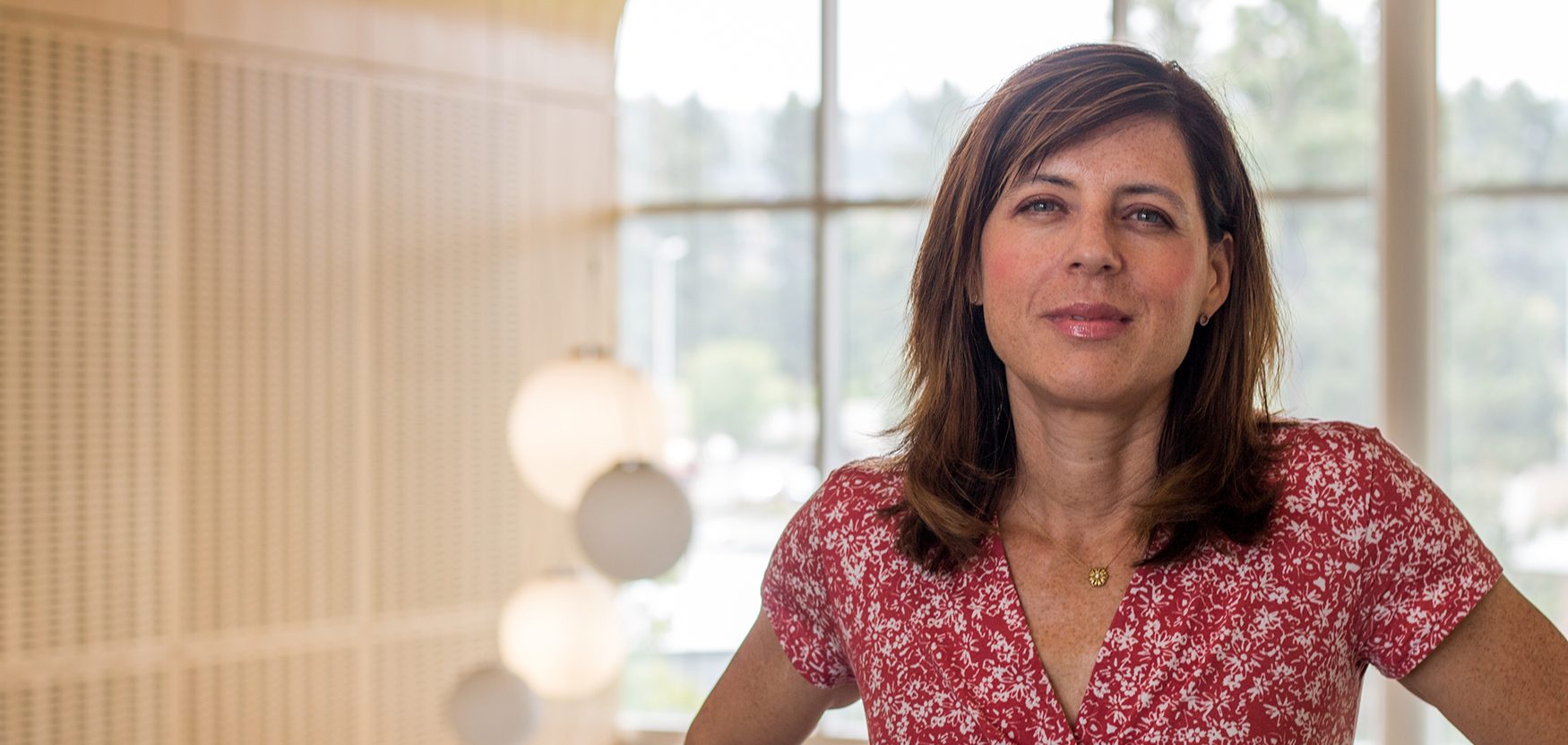
Lecture examines ag gag laws aimed at concealing animal abuse – TRU Newsroom
TRU Law Professor Katie Sykes
Many would agree that animals deserve to live their lives free from unnecessary pain and suffering. Because animal farms aren’t well regulated or regularly inspected, it can be difficult to get information about what really happens to those animals. When the reality of industrial animal farms is exposed, it is usually because of undercover investigations.
Starting in the 1990s, some US states responded to whistleblowers and underground activists by cracking down legally, enacting laws known as agricultural gag laws, or ag gag laws, that criminalize and punish undercover reporting about farms.
These laws have started to appear in Canada in recent years. Alberta passed Canada’s first ag gag law in 2019, followed by Ontario and PEI (2020), and Manitoba (2021). The federal government passed Bill C-275, which amends the Health of Animals Act, in 2023.
TRU Law faculty member and animal law expert Katie Sykes says these new anti-whistleblower laws aim to conceal animal abuse.
On Tuesday, Feb. 13, Sykes, who was appointed tripartite professor in 2023, highlights the problems with ag gag laws in her lecture at the TRU Inaugural Professorial Lecture series. The lecture, Ag gag in Canada: Animal farms and the right to know, looks at the legal gaps in regulation of factory farming, why it’s hard for us to get information about what happens on farms and whether ag gag legislation violates Charter expression rights.
“Many Canadians don’t realize that our animal protection laws are already among the worst in the world,” says Sykes. “Now that we are adding on ag gag laws that prevent exposing cruelty on farms, we are creating a kind of law-free and accountability-free zone for animal agriculture. That should concern everyone who cares about constitutional rights and the rule of law, whether or not they’re interested in animal protection.”
TRU and Kamloops communities are encouraged to attend the lecture, which is part of a series providing an opportunity to meet professors and gain an understanding of their scholarship, research and teaching.
In-person seating is limited at the lecture, which will be held in the Scratch Café in the Culinary Arts Centre from 4:30 – 6 p.m. Please RSVP by Saturday, February 10.
